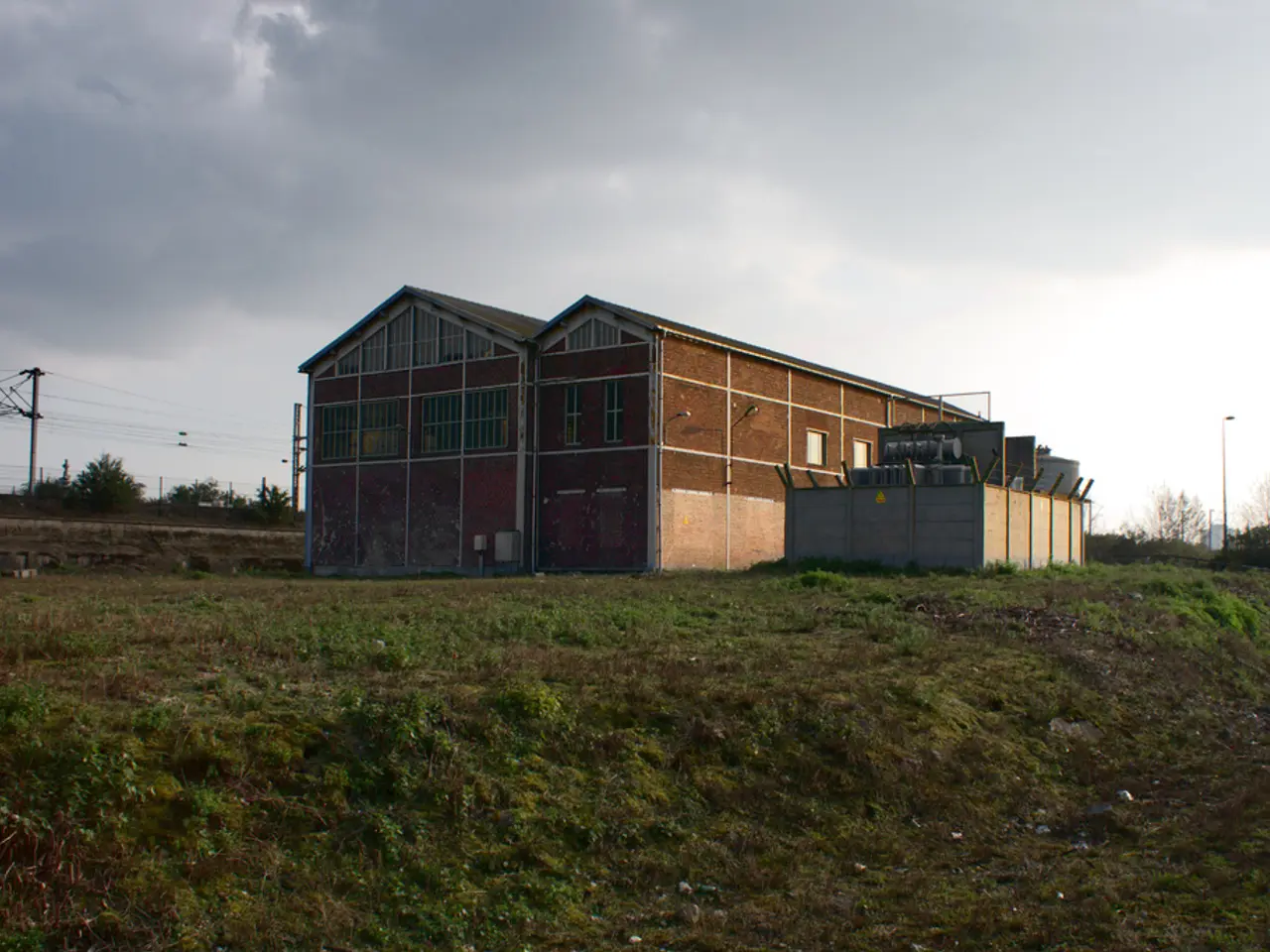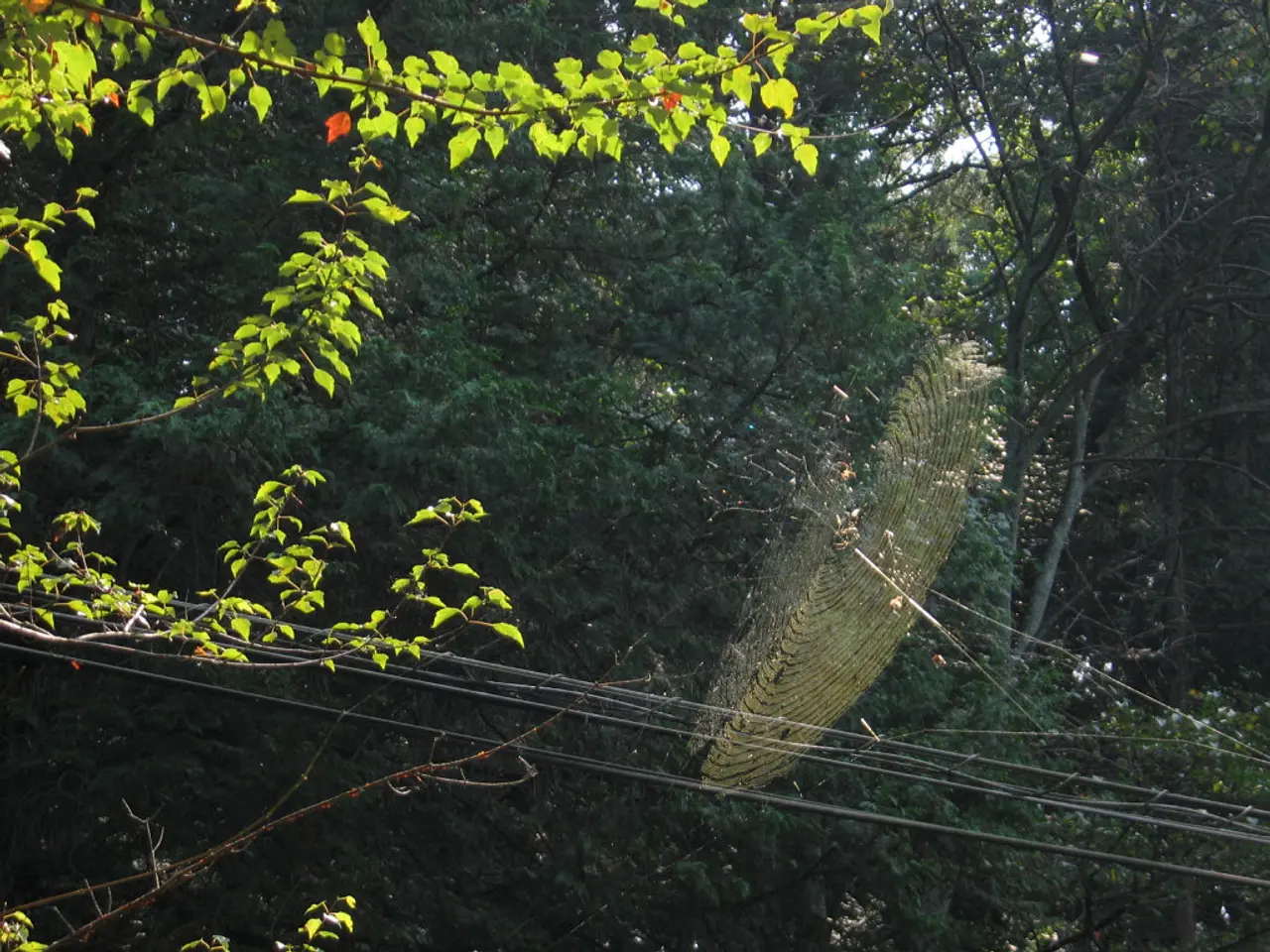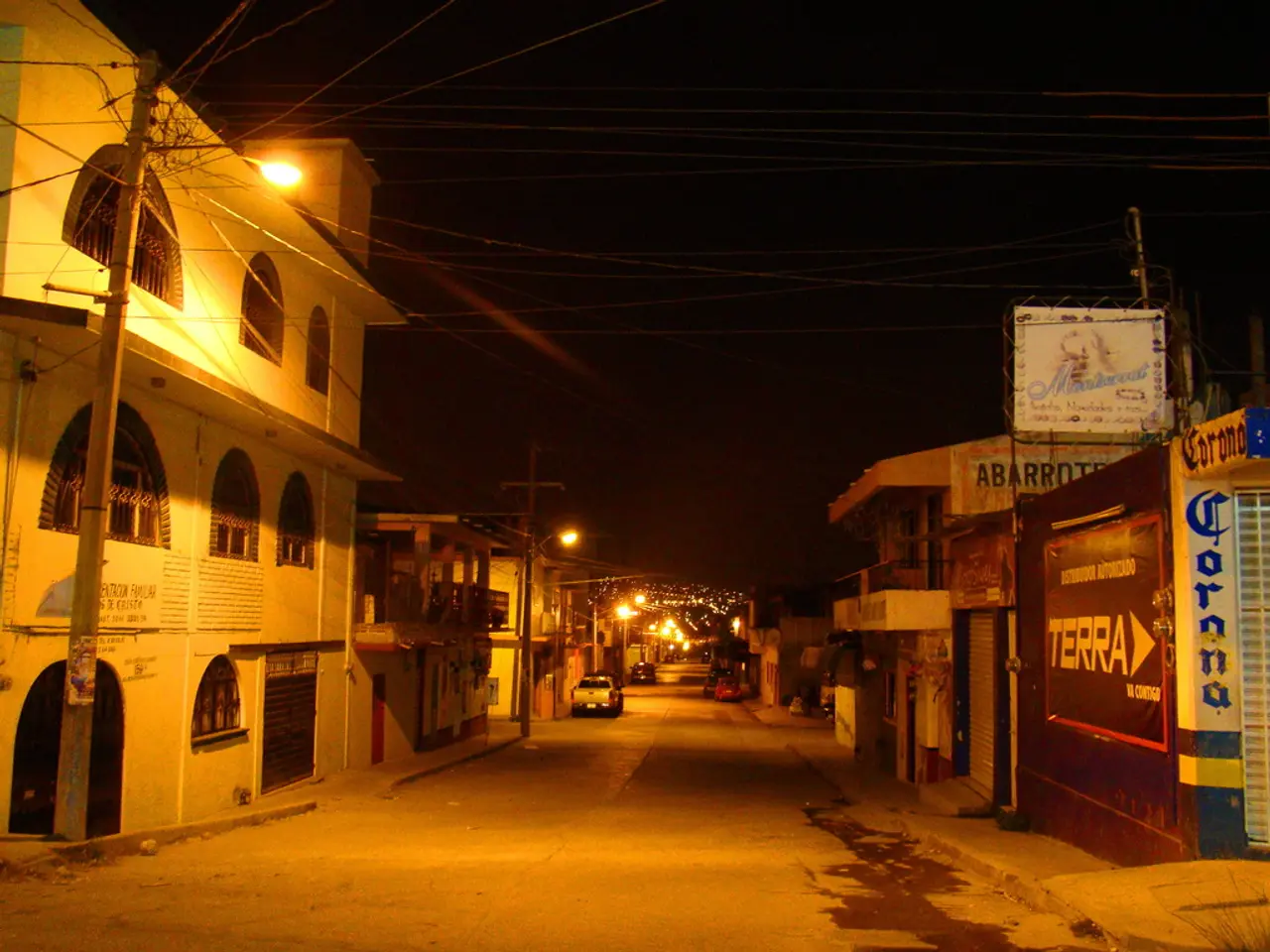On the Brink of Collapse: Understanding the Vulnerability of the Power Grid Apart from Human Intervention
The power grid, a vast network of power plants, transmission lines, and substations, is a critical part of our modern world. While technology advances and automation becomes more prevalent, human operators remain an indispensable component in ensuring the stability and resilience of this complex system.
Human creativity and problem-solving skills are essential in managing the power grid, particularly in overcoming unexpected challenges. Operators monitor the grid's performance in real-time, identifying potential issues, and making quick decisions to prevent disruptions.
Proactive Failure Prevention and Rapid Response
AI-powered models can predict outages and suggest preventive actions, but human operators must validate these predictions, authorize interventions, and direct physical repairs to prevent cascading failures and minimize downtime.
Real-Time Decision Making
Complex grid events such as sudden equipment failures, extreme weather impacts, or cyber-attacks require nuanced judgment that combines experience and contextual understanding beyond current AI capabilities.
System Coordination and Planning
Humans oversee coordination among multiple generation sources, grid segments, and market participants, managing interconnection delays and regulatory knowledge crucial for maintaining an efficient and resilient network.
Adaptation to Uncertainties
The power grid faces uncertain conditions like load fluctuations, renewable resource variability, and extreme weather. Humans integrate diverse information sources to adjust grid operations dynamically, supplementing automated controls.
Implementation of Resilience Technologies
Deployment of microgrids, battery storage, and smart grid technology involves design, governance, and real-world knowledge that require human expertise and collaboration across stakeholders.
Defending Against Cyber Attacks
Human operators are also essential in defending against cyber attacks that target the power grid's critical infrastructure. Their vigilance and expertise play a crucial role in securing our energy future.
Integrating Variable Renewable Sources
Human operators are essential in integrating variable renewable sources into the grid and developing new strategies and technologies to harness their potential.
Natural Disasters
Natural disasters, such as hurricanes, earthquakes, and wildfires, pose a significant threat to the power grid and can damage infrastructure, disrupt supply lines, and lead to prolonged outages. Operators play a crucial role in disaster response, coordinating efforts to restore power and minimize the impact on affected communities.
In summary, while automation and AI enhance grid stability by improving prediction and optimization, human intervention is indispensable for handling the complexity, uncertainty, and rapid response needs inherent in grid operation and resilience management. The role of human operators in the power grid is demanding, requiring constant vigilance and expertise, and one that cannot be easily replaced by automation. The human element will remain an indispensable component of the power grid, ensuring the grid's stability, navigating complexities, and securing our energy future.
[1] "The Importance of Human Operators in the Power Grid," IEEE Spectrum, https://spectrum.ieee.org/the-importance-of-human-operators-in-the-power-grid
[2] "The Human Touch: Why Humans Are Essential for the Grid," Greentech Media, https://www.greentechmedia.com/articles/read/the-human-touch-why-humans-are-essential-for-the-grid
[3] "Human-Centric Approaches to Grid Modernization," U.S. Department of Energy, https://www.energy.gov/eere/articles/human-centric-approaches-grid-modernization
[4] "The Role of Humans in the Smart Grid," IEEE Power & Energy Magazine, https://ieeexplore.ieee.org/document/8145548
- In the power grid, humans are integral in validating AI predictions, authorizing interventions, and directing physical repairs to prevent cascading failures and minimize downtime, highlighting the importance of environmental science in Adaptation to Uncertainties.
- In addition to AI, human operators play a crucial role in defending against cyber attacks that target the power grid's critical infrastructure, emphasizing the significance of cybersecurity in the contemporary technological landscape and our energy future.
- As the power grid integrates variable renewable sources into its network, human operators are essential in developing new strategies and technologies to harness their potential, showcasing the importance of human creativity and problem-solving skills in environmental-science and climate-change discourse.




